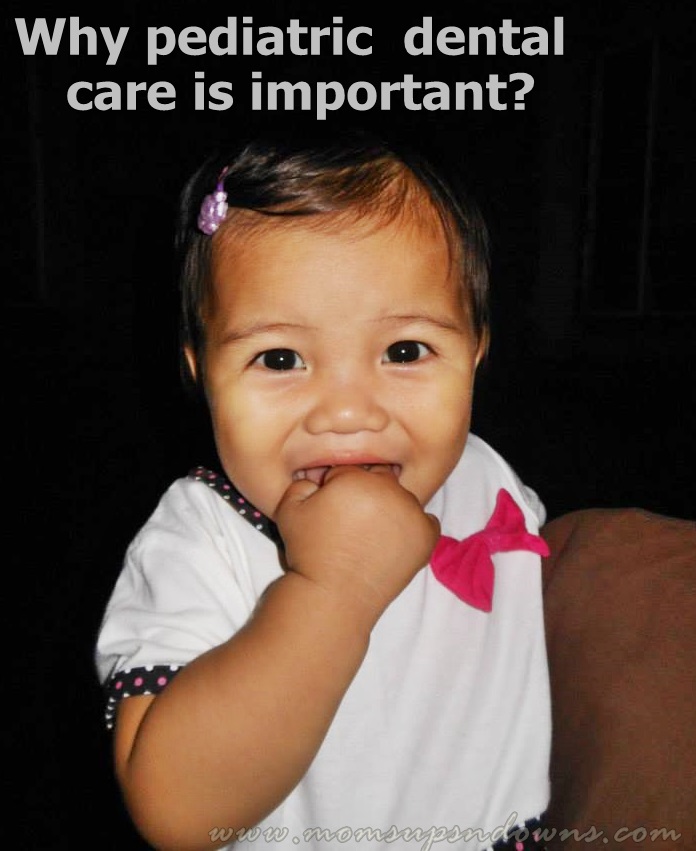Parents struggle constantly when they have a problem feeder at home. When parents are talking about their children’s feeding problems, most of the time they are referring to different but interrelated conditions. Where do you think your problem feeder fall in these feeding problems?
Food Neophobia
Food neophopbia is the fear of the children to try new foods. This is common in infants weaning on to foods. Children naturally rejects sour and bitter-tasting foods which are known to contain high levels of nutrition and phytochemicals. Parents look at it as normal part of the weaning process thus, they only give their children what they want to eat. Because of this, children are not given the chance to get proper nutrition organically. Although food neophobia is present at birth, it can persist through adulthood. To prevent this from happening, begin introducing foods with new tastes, colors and textures to your infants as early as six months then gradually increase the amount and variety of food your baby eats until they can eventually eat the same as the rest of the family, in smaller portions.
Finicky Eating
Finicky or picky eating is an avoidance or restricting of food. Some children don’t want to eat anything green, some don’t want to eat something bitter and worse, some don’t want to eat any vegetable at all. This is the outcome when children were not introduced to certain kind of foods. A child’s bad experience with a certain food, like vomiting and having stomach ache, can be a factor too. There are parents who take these matters seriously in their cuisine and avoid cooking these foods rather than introduce them again to their children. To tempt your children’s taste buds, be their role model or invite over a friend who is the same age who loves to eat what your children don’t like.
Inadequate Intake
This problem is common to picky eaters. It is important for the children to get the proper amount of calories and nutrition to be able to grow healthy and strong. The amount of nutrition each child needs depends on the age, gender and child’s activity. The RDA or Recommended Daily Allowance could help you know how much of a specific nutrients your children need on a daily basis. RDA can be seen on the labels of the food you eat.






